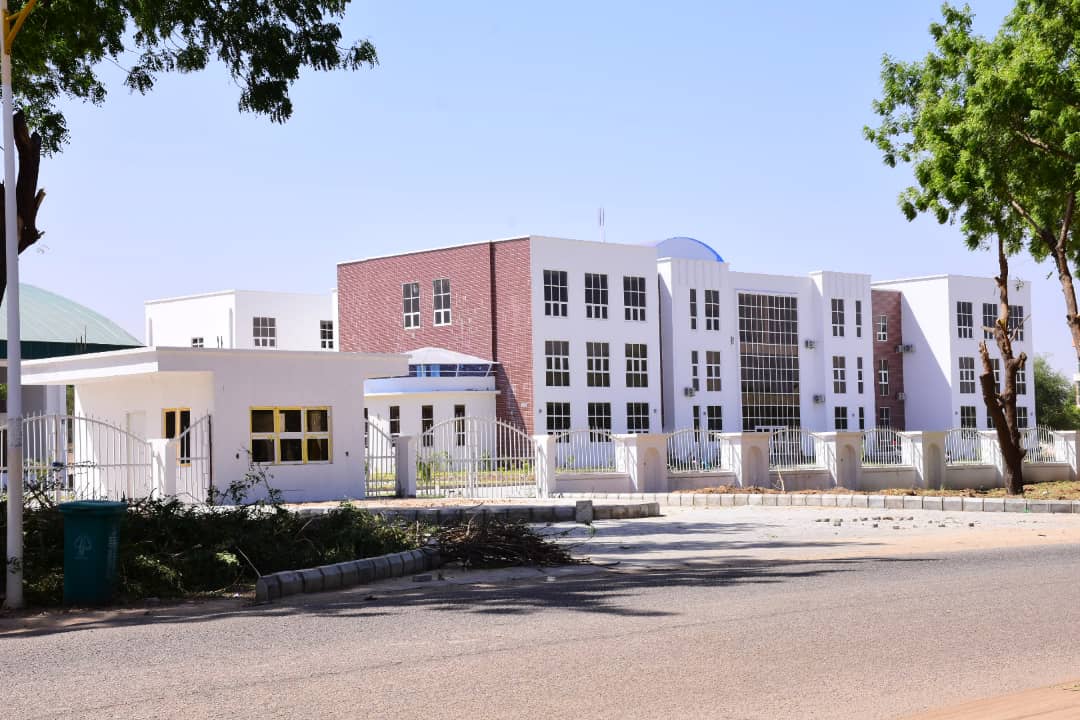- B.Sc. Accounting Results
- B.Sc. Business Administration Results
- B.Sc. Public Administration Results
- B.Sc. Ed. Eco. Results
- B.Sc. Ed. Business Results
- B.Sc. Ed. Geography Results
- B.Sc. Ed. Health Education Results
- B.A. Education (History) Results
- B.A. Education (Arabic) Results
- B.A. Education (English) Results
- Home
- About Usarrow_drop_down
- Administrationsarrow_drop_down
- Programsarrow_drop_down
- Admissionarrow_drop_down
- Portalarrow_drop_down
- Resultsarrow_drop_down
- Library
- History of Center for Distance Learning
- To provide access to University education to a large number of potential adults who have missed the opportunity of higher education at the early stages of their lives
- To reduce pressure on enrolment into our Universities which only a tiny fraction (small percentage) of potential candidates are able to secure admission
- To widen opportunities to matured adults to combine together working and learning as many have families and may not be able to obtain support or secure in-service facilities.
Our History
The University of Maiduguri is among the second generation Universities in Nigeria established by the Federal Government in 1975. After nearly three decades of its existence as conventional University, the seventh (7th) Vice-Chancellor Prof. J. D Amin constituted a committee on Distance Learning just three months after assuming office. The ten-man committee was headed by Prof. Mohammad Nur Alkali (himself a former Vice-Chancellor). The committee submitted its report in December, 2003. The senate at its 190th meeting on Thursday, 5th February, 2004 considered and approved the report setting up the Centre for Distance Learning (CDL). The first Director/Coordinator, Dr. Saleh Joji was appointed by the Vice-Chancellor on 1st October, 2004. This has made the University of Maiduguri an Institution providing academic programmes both conventionally and by way of distance learning, with the following objectives:

Center for Distance Learning, UNIMAID, Administrative Block
With these objectives in mind, the Centre set up some few structures thus inviting willing Departments wishing to participate in the Distance Learning Programmes. These Departments were selected based on commitment from the Faculties of Arts, Education, Business and Social Managements. A total of ten (10) Departments took part in the first year of the programmes with student enrolment of two hundred and twenty-one (221).
In the second year of the programmes other Departments applied for participation which increased the number of Departments to fifteen (15) with an enrolment of over four hundred (400) students (which almost double the first intake). Seeing the progress made at the Centre within a short period the University Authority requested for the transfer of certain part-time Diploma courses to Distance Learning Programmes. These include the Advanced Diploma in Public Administration (ADPA) and Higher Diploma in Local Government Administration (HDLGA). By this development, the Centre will run a total of twenty-eight (28) different degree courses and two (2) higher diploma programmes in the next Academic (2007/2008) session. These Distance Learning Programmes could not take off effectively without the provision of Instructional course materials considered the life blood of distance education in Nigeria. The Centre, thus organized a workshop for over seventy course writers drawn from the participating Departments, mainly among the senior Academic staff of the University serving as course writers and Editors. The first twenty-eight (28) Instructional course materials were produced and later followed by another set of thirty-one (31) in different disciplines ranging from Accountancy, Business Administration, Economics, Arabic and Islamic studies, Sociology, Education, Adult education etc. Another set of one-hundred and fifty-five (155) is near in completion mainly for the second year and higher diploma programmes. All these programmes are implemented at the management level of the Centre.